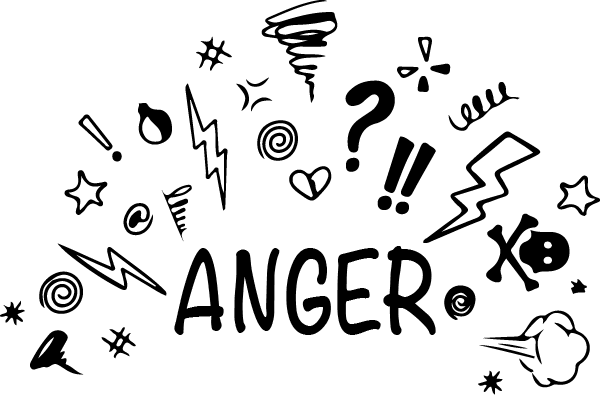
HOW ANGRY ARE YOU?
Take this quick quiz and get a downloadable report with your results!

Have you ever felt like no matter how hard you try, something in your life just isn’t clicking? Maybe you’ve reached some of your biggest goals, yet deep inside, there’s still an emptiness you can’t shake. Or maybe you’re constantly striving, but peace always seems just out of reach.
What if the thing holding you back isn’t what you think it is?
What if it’s unforgiveness?
It’s easy to believe that if we just work harder, achieve more, or gain approval from the right people, we’ll finally feel like we’re enough. But here’s the truth: if your sense of worth is tied to what you do or what you have, you will always operate from a deficit. Life is too much for any of us to handle perfectly. The weight of past hurts, disappointments, and unresolved pain will only add to that burden—until we deal with it.
So let’s talk about it. Let’s talk about how unforgiveness might be keeping you stuck, and more importantly, how letting go could be the breakthrough you’ve been searching for.
You might not even realize you’re carrying unforgiveness. It doesn’t always show up as obvious anger or resentment. Sometimes, it disguises itself as:
Sound familiar? These patterns often stem from wounds we haven’t fully healed from—wounds that forgiveness could free us from.
A lot of people resist forgiveness because they misunderstand what it really means. Forgiveness is not:
Instead, forgiveness is about releasing yourself. It’s about choosing not to carry the pain any longer. It’s deciding that your peace matters more than holding onto the offense. It’s an act of self-care, not an act of weakness.
Jesus himself modeled this kind of forgiveness. When he was on the cross, in the midst of unimaginable pain, he still chose to say, “Father, forgive them” (Luke 23:34, NLT). If He could forgive in the worst possible moment, what does that say about the power of forgiveness in our own lives?
Unforgiveness is like drinking poison and expecting the other person to suffer. The truth is, when we hold onto resentment, we are the ones who suffer most. Here’s what unforgiveness does to you:
You weren’t designed to carry this. Letting go isn’t about the other person—it’s about setting yourself free.
Forgiveness is a process, not a one-time decision. It takes intentional effort, but it’s absolutely possible. Here are some steps to help you start:
You can’t heal from something you refuse to face. Be honest about what happened and how it affected you. Suppressing your emotions won’t make them go away; facing them will.
Ask yourself: What is unforgiveness costing me? Your peace? Your joy? Your ability to trust again? Is it worth it?
Forgiveness isn’t a feeling—it’s a choice. You might not feel ready, but that doesn’t mean you can’t start the process. Begin by saying, I choose to release this person and this pain.
It’s natural to want fairness, but true healing comes when you surrender that desire to God. Trust that He sees and will handle things in His perfect way.
This one is tough, but it’s powerful. When you pray for someone who wronged you, it shifts your heart. It doesn’t mean you excuse their behavior, but it helps you let go of resentment.
Forgiveness doesn’t mean allowing someone to hurt you again. It’s okay to create space if needed. Forgiveness is about freedom, not forced reconciliation.
Imagine waking up without that heaviness in your chest. Imagine feeling lighter, more at peace, and able to experience life without the constant undercurrent of resentment.
That’s what forgiveness can do.
It doesn’t erase what happened, but it changes how it affects you. It transforms pain into wisdom, suffering into strength, and brokenness into growth. It makes space for joy, healing, and a deeper relationship with God.
The enemy wants you to stay trapped in unforgiveness because he knows that as long as you do, you’ll never be fully free. But Jesus offers a different way—one that leads to life and wholeness.
So today, ask yourself: Is unforgiveness the reason my life feels off? If the answer is yes, you have the power to change that. One step, one prayer, one act of surrender at a time.
Because you were made for freedom. And it starts with letting go
Share this post:
